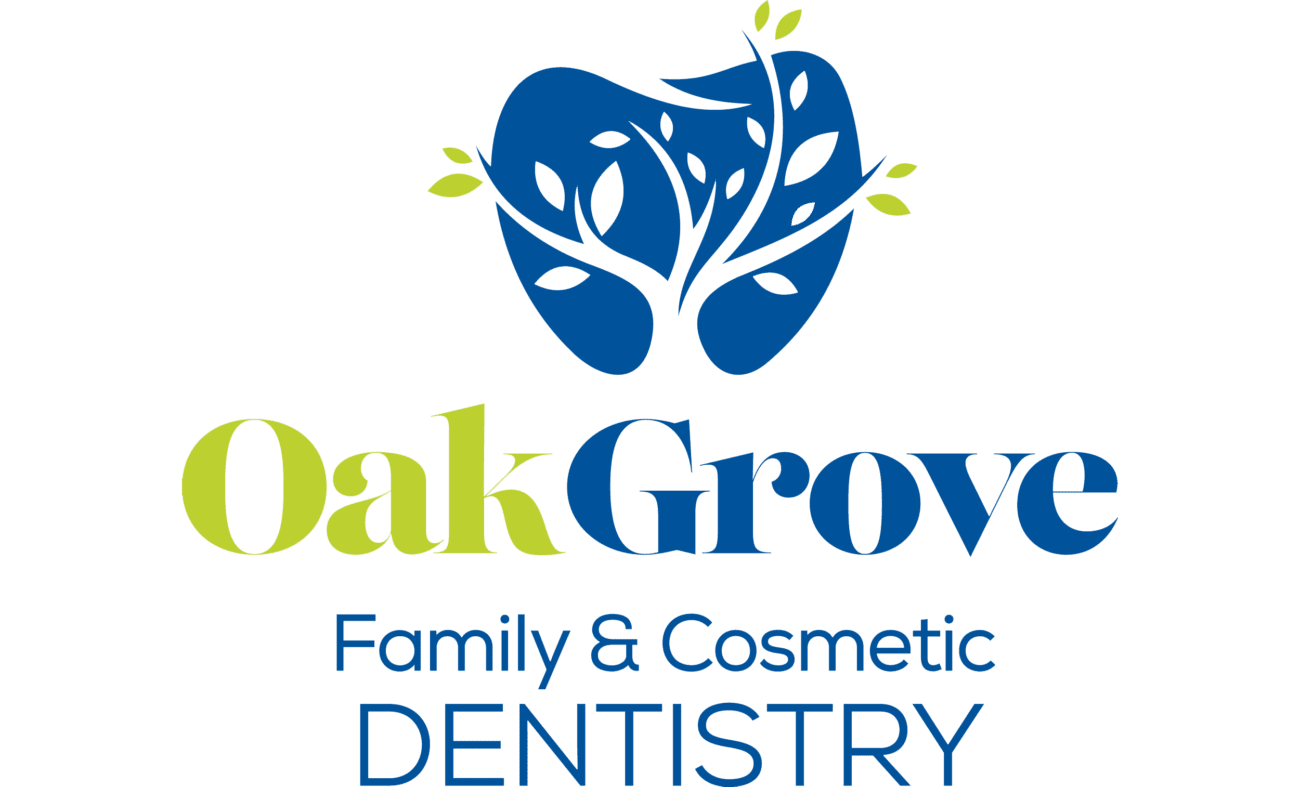Dental emergencies can be stressful and frightening. Knowing what to do could save your smile and prevent further damage. By keeping calm and taking the right steps, you could prevent further complications. Understanding how to react in a dental emergency could save your oral health and reduce the chance of tooth loss.

Understanding Dental Emergencies
Not every dental issue qualifies as an emergency. However, certain symptoms indicate a need for urgent care. Severe pain, bleeding, or a knocked-out tooth requires immediate attention. Swelling and infections also demand urgent care. Understanding the severity of your situation helps in determining the next steps. Recognizing the difference between a minor issue and a dental emergency could prevent complications. It also ensures that you receive appropriate care promptly.
Handling a Knocked-Out Tooth
Time is crucial when dealing with a knocked-out tooth. Immediate action could mean the difference between saving and losing the tooth. Find the tooth and handle it by the crown. Avoid touching the root, as this area is delicate and can be damaged easily. If the tooth is dirty, rinse it gently with water. Do not scrub or remove any tissue fragments. These fragments are important for reintegration into the socket. Contact your dentist immediately for further instructions. Quick action increases the chances of saving the tooth and reduces the risk of infection.
Dealing with a Chipped Tooth
A chipped tooth can cause significant discomfort. It can also lead to further dental issues if not addressed. Rinse your mouth with warm water to clean the area. This helps remove any debris and reduces the risk of infection. Apply a cold compress to the outside of your mouth. This reduces swelling and numbs the area, providing temporary relief.
Use dental wax to cover sharp edges. This often prevents injury to your tongue or cheeks. Avoid using the affected tooth for chewing until you see a dentist. Seek dental care as soon as possible. Your dentist will determine the best treatment based on the severity of the damage. Treatment may include bonding, a crown, or other restorative procedures.
Managing Severe Toothache
A severe toothache can be debilitating and requires prompt attention. Rinse your mouth with warm salt water. This can help reduce bacteria and swelling, providing temporary relief. Use dental floss to remove any trapped food particles. Sometimes, food particles can cause irritation and exacerbate pain. Avoid placing aspirin directly on your gums. This can cause burns and worsen the situation.
Take over-the-counter pain medication if necessary. Follow the dosage instructions carefully to avoid complications. Schedule a dental appointment to identify the cause of your toothache. Your dentist will conduct a thorough examination and recommend appropriate treatment. Addressing the underlying issue is crucial for long-term relief.
Addressing a Lost Filling or Crown
If a filling or crown falls out, it can be alarming. However, there are steps you can take to manage the situation. Keep the filling or crown safe and clean. Rinse your mouth to remove any debris or food particles. Avoid chewing on the affected side to prevent further damage. Consult your dentist for a permanent solution. They will assess the situation and determine whether a new filling or crown is necessary. Timely action could prevent additional dental issues and discomfort.
Preventing Dental Emergencies
Prevention is key in avoiding dental emergencies. Taking proactive measures can protect your teeth and gums. Wear a mouthguard during sports activities. This helps protect your teeth from trauma and reduces the risk of injury. Avoid chewing on hard objects like ice or popcorn kernels. These can cause chips or cracks in your teeth. Maintain regular dental check-ups to catch issues early. Your dentist can identify potential problems before they become emergencies. Good oral hygiene reduces the risk of infections and decay. Brushing and flossing daily are essential habits for maintaining oral health.
When to Visit the Emergency Room
Some dental emergencies require a visit to the emergency room. This includes severe bleeding or facial trauma. If you experience difficulty breathing or swallowing, seek immediate medical attention. These symptoms may indicate a life-threatening condition. Emergency rooms can provide initial care before seeing a dentist. They can stabilize your condition and manage pain. However, follow up with your dentist for specialized dental treatment. Understanding when to seek emergency medical care could prevent complications and ensure your safety.
Emergency Dental Care in Durham, NC
At Oak Grove Family and Cosmetic Dentistry, we offer comprehensive dental care and emergency services. Our team prioritizes patient comfort and effective treatment. Contact us today to schedule an appointment and get the treatment you need.
